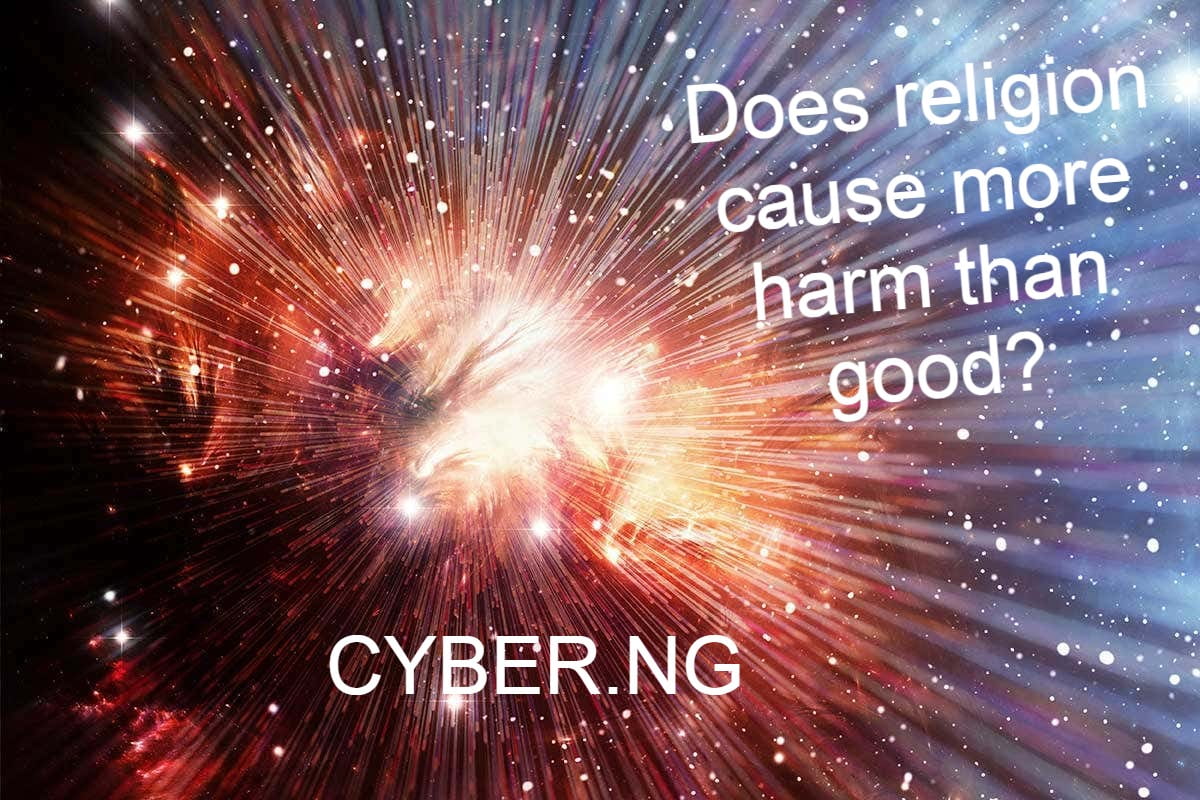The topic of religion is undeniably complex and often controversial. In discussing religion, it’s crucial to approach it with an open mind and a recognition of its multifaceted nature. This post aims to explore the impact of religion on society, acknowledging that religion encompasses a wide range of beliefs and practices, not limited to Christianity or Islam.
First of all i would like to point out a few things;
- Religion as stated in this post is not just Christianity or Islam but is pointed at “religion” in general covering all forms. (Examples might be made using Christians or Muslims as they are more popular)
- In a discussion like this, it would be pointless making reference to the days of old religion just as everything else has evolved since then.
- No religious belief is being slammed or shamed, just the effects of their actions on others would be used as points.
The Historical Perspective:
In the past, religion has been taken to extremes, leading to harsh punishments for those who deviated from accepted norms or beliefs. The case of Galileo is a notable example of how religious authority was used to suppress scientific inquiry. However, using history as our sole lens can lead us to conclude that religion has been more harmful than beneficial to society.
Historically, religion has also been a unifying force, providing a sense of community and shared values. It has played a crucial role in the development of civilizations, influencing art, culture, and law. Yet, it has also been a source of conflict and division, as seen in religious wars and persecution.
The Present Scenario:
Today, the situation is different. Religion, in itself, is not the problem; rather, it’s the actions of some individuals who practice it. There are religious people who commit heinous acts, just as there are non-religious individuals who engage in criminal activities. The issue lies with the practitioners, not the religion itself.
In the modern world, religion continues to play a significant role in shaping societal values and norms. It influences politics, education, and social behavior. However, there is a growing call for secularism and the separation of religion from state affairs, highlighting the ongoing debate about religion’s role in public life.
Religion and Coexistence:
It’s important to recognize that every religion can coexist peacefully without negatively impacting others. The actions of misguided individuals under the guise of religion should not be used to generalize about all followers of a religion. People’s perspectives and interpretations of their religious teachings can vary widely.
Coexistence requires tolerance, respect, and an understanding of different religious beliefs. It involves acknowledging the right of others to practice their religion freely, without imposing one’s own beliefs on them. In a diverse society, interfaith dialogue and collaboration are essential for promoting harmony and mutual understanding.








